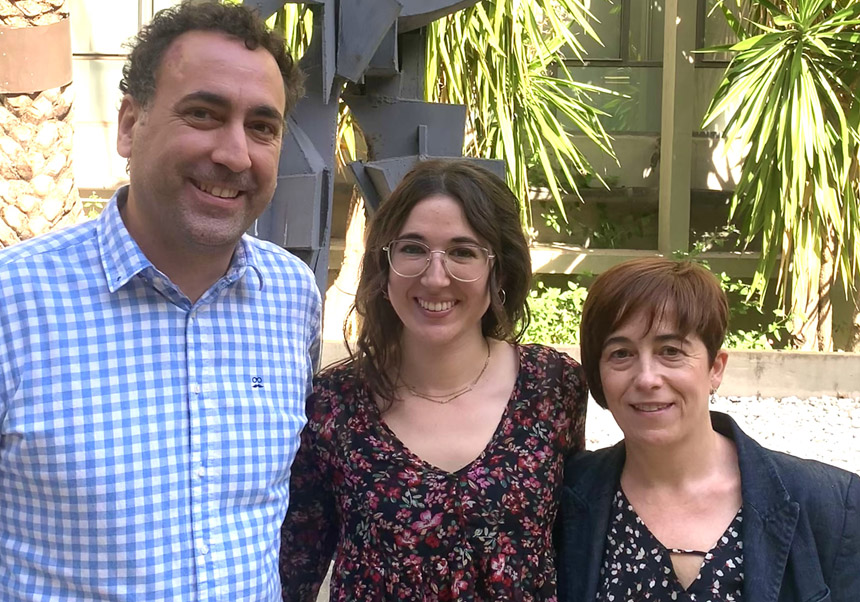Playful reading on paper helps understanding more than if it is done through digital media
- Scientific Culture and Innovation Unit
- December 14th, 2023

A study by the Interdisciplinary Reading Research Structure (ERI) of the University of Valencia (UV) concludes that reading for leisure on paper helps comprehension more than if it is done with digital media. The work, published in the Review of Educational Research magazine, the most prestigious in educational policies, and in which more than 450,000 people have participated, also concludes that in primary and secondary schools reading should be encouraged, especially in printed format.
“The main conclusion is that leisure reading habits on screen are minimally related to reading comprehension, which contrasts with the solid positive relationship between reading habits on paper and comprehension”, highlights Lidia Altamura, researcher at the ERI of Reading of the UV and first signatory of the article. In this meta-research, 25 studies have been reviewed with 39 comparisons between the years 2000 and 2022.
“From what we know from other studies, the relationship between the frequency of reading printed texts and text comprehension is much higher (between 0.30 and 0.40) than what we found for leisure digital reading habits (0.05). This means, for example, that if a student spends 10 hours reading books on paper, their comprehension will probably be 6 to 8 times greater than if they read on digital devices for the same amount of time”, explain Cristina Vargas and Ladislao Salmerón, professor and professor in the Department of Evolutionary and Educational Psychology at the UV.
Furthermore, according to this study, it is “surprising” that the majority of the digital reading habits analysed (whether those more related to social networks or informative reading) “showed minimal associations with text comprehension. One might have expected that reading for informational purposes (i.e., visiting Wikipedia or other educational websites; reading news, or reading e-books) would be much more positively related to comprehension, but this is not the case”.
Another conclusion of the article is that as age increases (when students are in high school and university) the relationship between recreational reading and text comprehension becomes positive.
Altamura, Salmerón and Vargas highlight, however, that their study has been based on reviewing other works with very heterogeneous formulas for measuring the relationship between reading habits and comprehension of texts, which is why they refer to new research to specify the research in more detail. This research has also had the collaboration of the Ministry of Science and Innovation.
Article: Altamura, L., Vargas, C., & Salmerón, L. (2023). «Do New Forms of Reading Pay Off? A Meta-Analysis on the Relationship Between Leisure Digital Reading Habits and Text Comprehension». Review of Educational Research, 0(0). https://doi.org/10.3102/00346543231216463
















